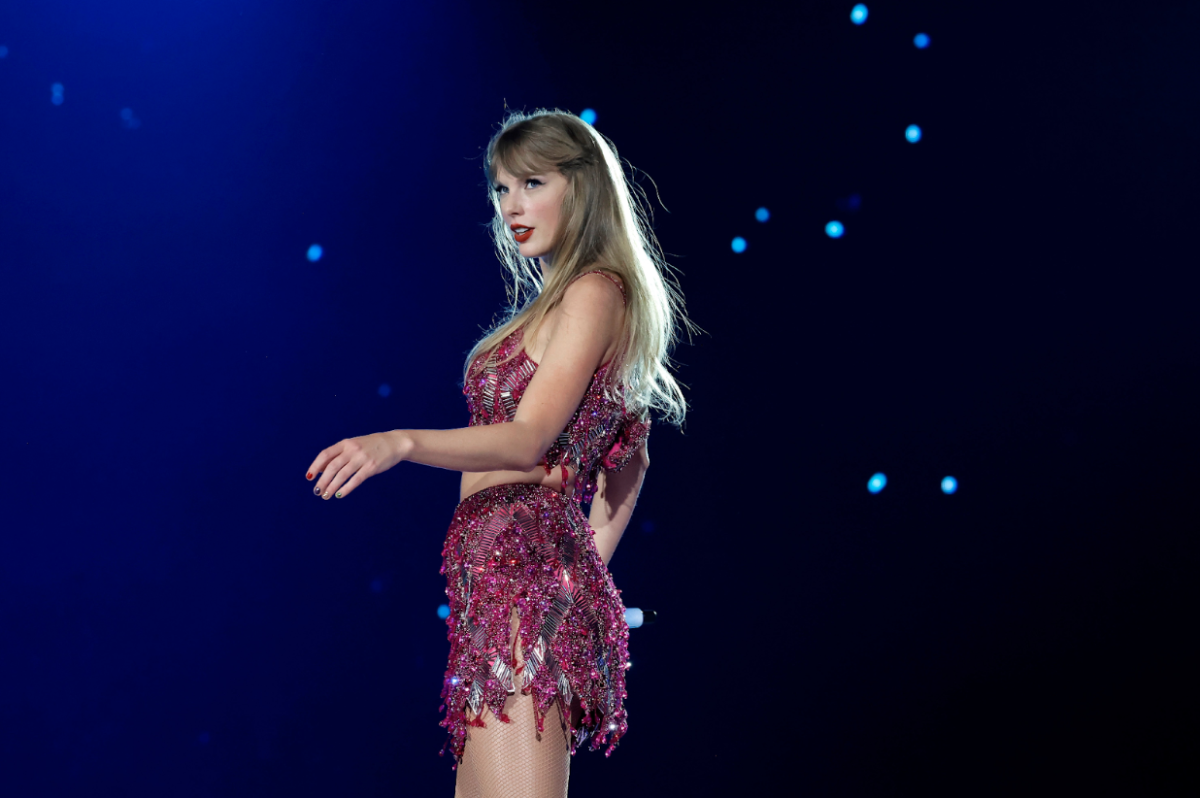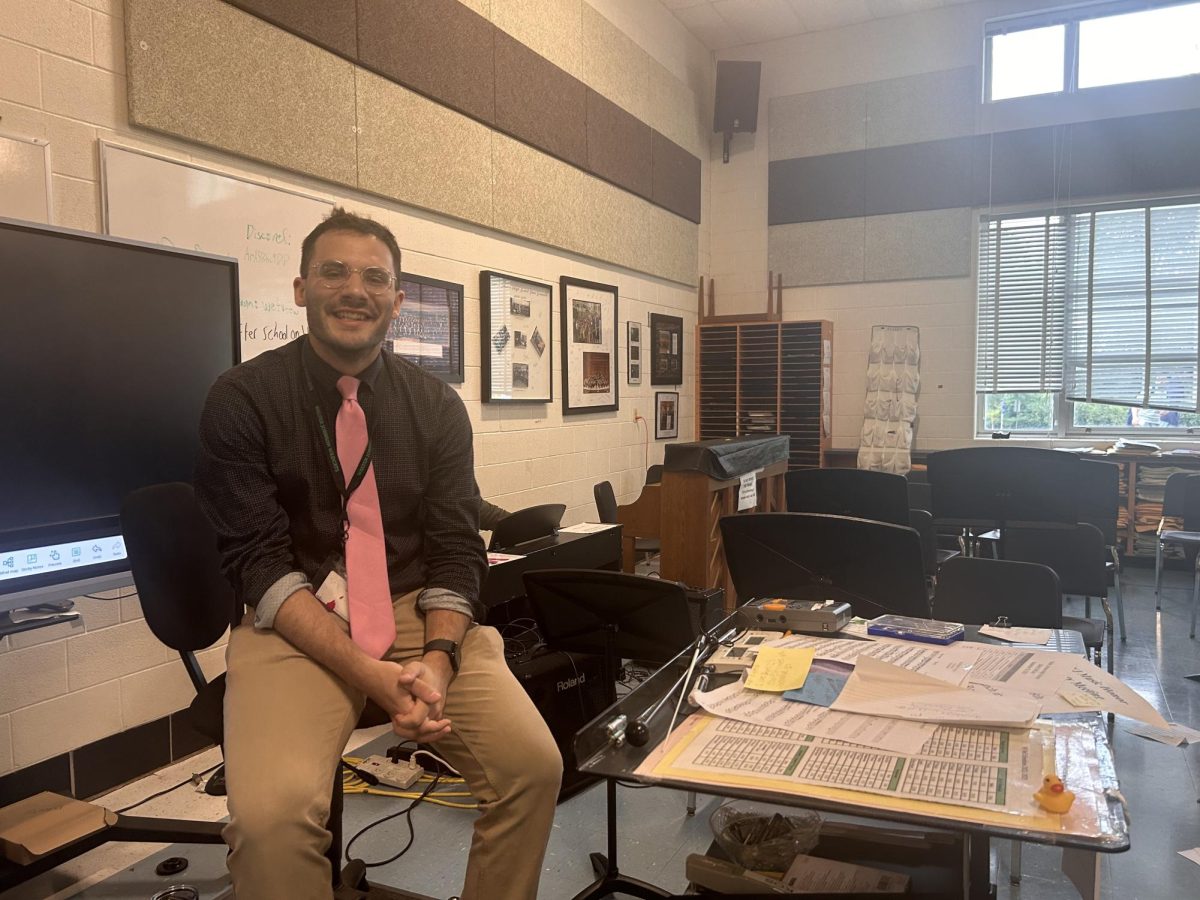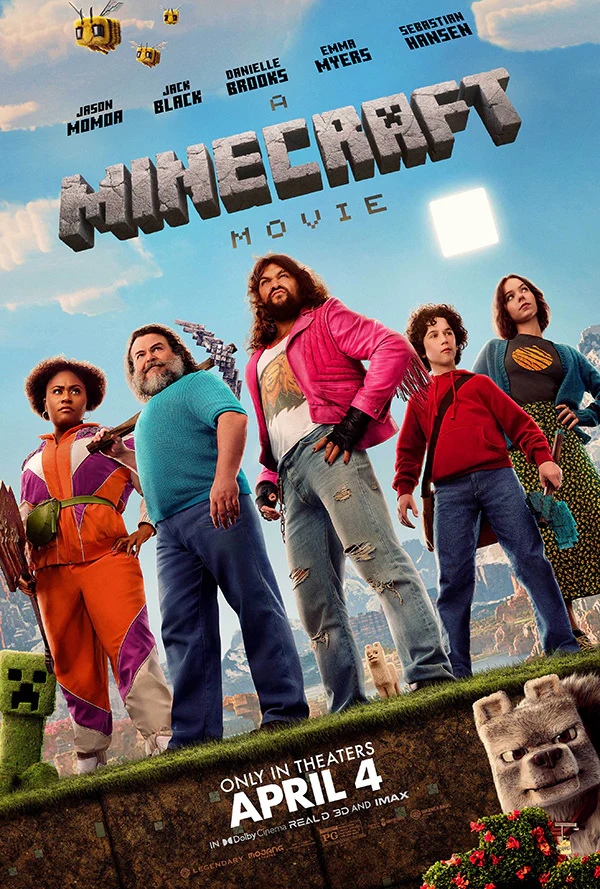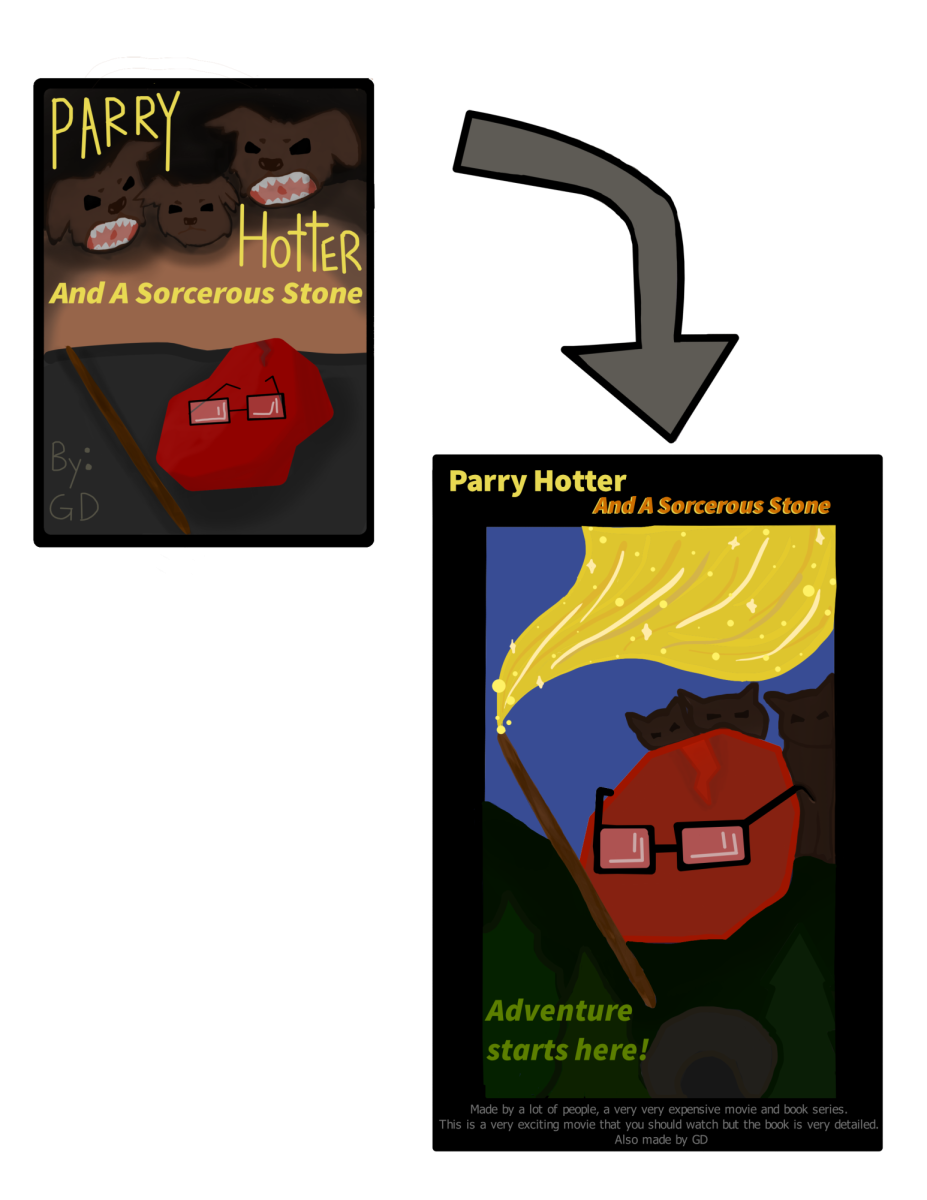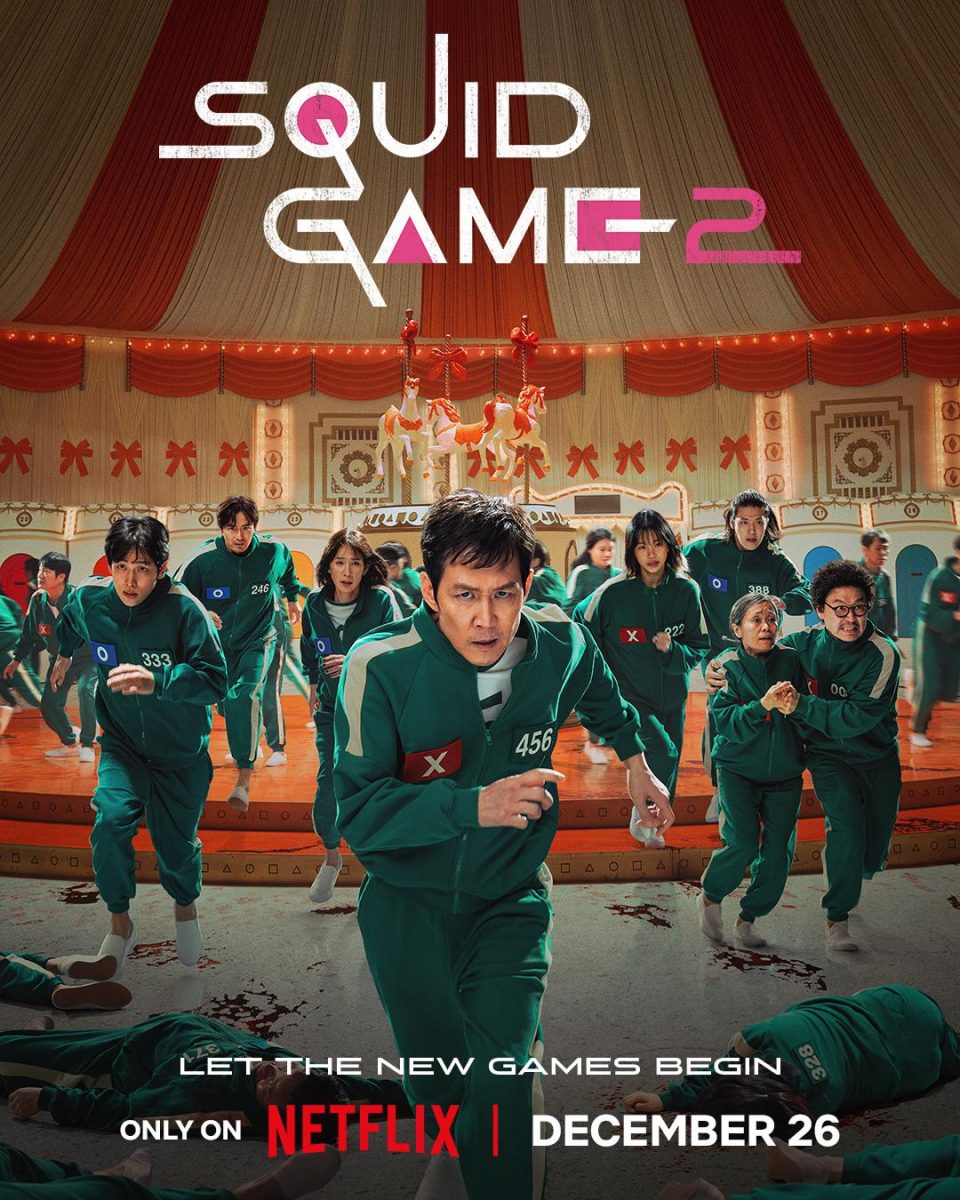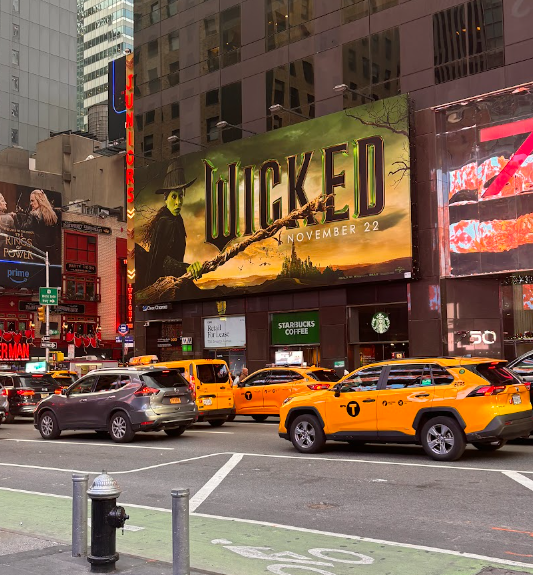SPOILERS AHEAD
Not even five minutes into “Black Panther: Wakanda Forever,” a teardrop rolled down my cheek. As the Marvel logo blurred onto the screen, the theater sat in silence for a moment in honor of late actor Chadwick Boseman, with each letter in the logo dedicated to a scene he had been a part of in his career. There it was, that nostalgic feeling taking me back to when I saw “Black Panther” for the first time. Boseman may have passed years ago, but I still ached the same way I did after hearing about his unexpected death.
The opening scene of the film portrayed Shuri (Letitia Wright), who was desperate to save the life of T’Challa (Chadwick Boseman). Knowing what to expect, this scene incited a feeling of hopelessness, as her frantic behavior perfectly foreshadowed T’Challa’s death.
Just like Shuri, many fans are afraid to confront this harsh reality. Because of this, they may even be hesitant to watch the sequel. However, moving on doesn’t mean forgetting the legacy that Boseman left behind. No one can replace the amount of hard work and devotion he put into his character. Obviously, it’s never going to be the same, but screenwriters Ryan Coogler and Joe Robert Cole have incorporated the tragedy into the film in a way that’s memorable and moving.
Initially, I was frustrated with the lack of elaboration on T’Challa’s death. I needed to know the cause of it because I needed closure with the character. However, there are times where certain things are inexplicable. Now I understand the abrupt mention of his passing was a reference to the sudden shock that Boseman’s death brought upon the industry.
Further into the movie, I realized that the entire plot itself was centered around the idea of what it means to grieve an insufferable loss. Honestly, I was taken back by how creative Ryan Coogler was in his direction. He managed to take the concept of “loss” and use it in a way that ignited a connection between two characters who were deeply affected by heartbreaking casualties. This is where the audience was introduced to Namor, the leader of Talokan, an underwater empire.
The world of Talokan was derived from the mythical realm Tlālōcān, which is a mythological Aztec paradise ruled over by the rain god Tlāloc. Coogler’s decision to shine a light on different cultures expanded the diversity within the Marvel Cinematic Universe, also known as the MCU. From the detailed costumes to the precise selection of actors, Coogler once again accomplished his goal of spreading awareness to issues that are often overlooked; such as the Spanish conquest of the Maya and the colonization of the indigenious populations. It was necessary to dive deeper into the past in order for the audience to explore the parallels between the two different cultures. It opened up a whole new perspective for the audience to consider.
If there is one thing that I value about Coogler, it’s his ability to write the plot in a way that isn’t just black and white.
After losing their leader and with their most powerful resource, vibranium, and at risk of being stolen by other nations, Wakanda has become vulnerable. Many in the film question whether or not Wakanda is ready to be put in the hands of the youngest heir, let alone a young woman. The real question is whether or not Shuri is ready to take on the accountability of becoming a leader and protecting her nation. This is where the epiphany of Shuri becoming her own person comes to life and she is no longer seen as solely the little sister of King T’Challah.
When the long awaited moment of Shuri donning her suit finally had arrived, I felt chills spreading down my spine. Shuri taking action was such an empowering moment that I would do anything to experience this movie for the first time again. Although Chadwick Boseman will forever be missed, this is a new chapter for the Black Panther series to grow from and carry on the legacy that he left behind.



